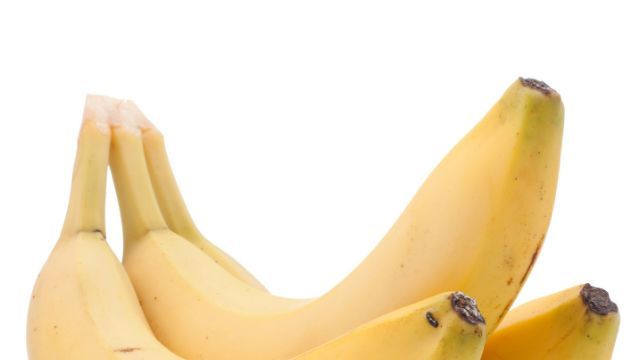
High blood pressure is often referred to as a “silent killer.” Unlike many other medical conditions, there are no warning signs or symptoms that indicate something is wrong. High blood pressure, or hypertension, is the leading cause of cardiovascular disease, with over one billion individuals affected worldwide.
Seventy-two million Americans are diagnosed, yet millions more go undiagnosed each year. Medical experts estimate that 90 percent of all Americans will more than likely develop high blood pressure before the age of 65, thanks to the high-sodium and low-mineral diets so popular in America.
High blood pressure doubles the risk for experiencing a heart attack and increases the likelihood of stroke fourfold. It is also a factor in a myriad of medical conditions including dementia, kidney failure, osteoporosis, vision loss and other degenerative diseases and chronic illnesses.
For decades, health experts preached the importance of a low-sodium diet to help maintain healthy blood pressure levels. However, researchers now know that it takes more than reduced sodium intake to lower blood pressure. While lowering sodium intake will help, adding these three minerals to a balanced diet will aid in bringing blood pressure readings down into the safe and healthy zone.
Potassium. Potassium plays a key role in blood pressure, as it works to balance out the effects of sodium in the body. A recent study noted that the optimal ratio of potassium to sodium intake is a more effective means for lowering blood pressure than simply reducing sodium intake.
The 2:1 ratio would require the average person to consume 4,700 mg of potassium daily, while at the same time keeping sodium levels to half that amount. Increasing potassium alone doesn’t have as beneficial an effect.
The study authors noted, though, that a majority of Americans fail to meet either the sodium or the potassium requirements, consuming far too much sodium and not nearly enough potassium.
Calcium. Just about all (99 percent) of the body’s calcium is stored in the bones and teeth, but that one remaining percent plays a very important role in cardiovascular health. Calcium helps blood vessels to expand and contract.
When blood calcium levels are low, the vessels can grow rigid, thereby increasing the pressure required to efficiently pump blood throughout the cardiovascular system. The body will also start to look for other sources of calcium to aid in this process and will ultimately draw from the bones, which can lead to osteoporosis over time.
A recent study indicated that those with low calcium intake lowered their blood pressure once calcium intake was increased. However, health professionals recommend food sources over supplementation, as the bioavailability is greater from whole sources.
Magnesium. Magnesium is an often overlooked mineral, yet it plays a number of very important roles in the body. Magnesium allows for both potassium and calcium to efficiently pass through cell walls.
This mineral also aids nitric oxide in allowing artery walls to relax, resulting in more efficient blood flow. A recent study found that a magnesium intake of 500 mg to 1,000 mg aids in reducing blood pressure, yet works most efficiently when the potassium to sodium levels are at the optimal 2:1 ratio.
 Consuming adequate amounts of potassium, calcium and magnesium can easily be achieved by eating a diet rich in various fruits and vegetables. Dietary supplements can be of some benefit, but often their bioavailability is inferior to that of whole foods. Opt for organic produce whenever possible to ensure the richest sources of these important minerals.
Consuming adequate amounts of potassium, calcium and magnesium can easily be achieved by eating a diet rich in various fruits and vegetables. Dietary supplements can be of some benefit, but often their bioavailability is inferior to that of whole foods. Opt for organic produce whenever possible to ensure the richest sources of these important minerals.
-The Alternative Daily
Sources:
http://www.rodalenews.com/lower-blood-pressure-minerals
http://link.springer.com/article/10.1007/s11906-014-0465-5
http://ajcn.nutrition.org/content/91/1/131.short
http://onlinelibrary.wiley.com/doi/10.1111/j.1751-7176.2011.00538.x/full

